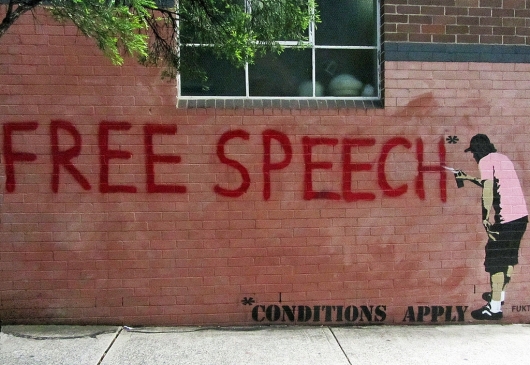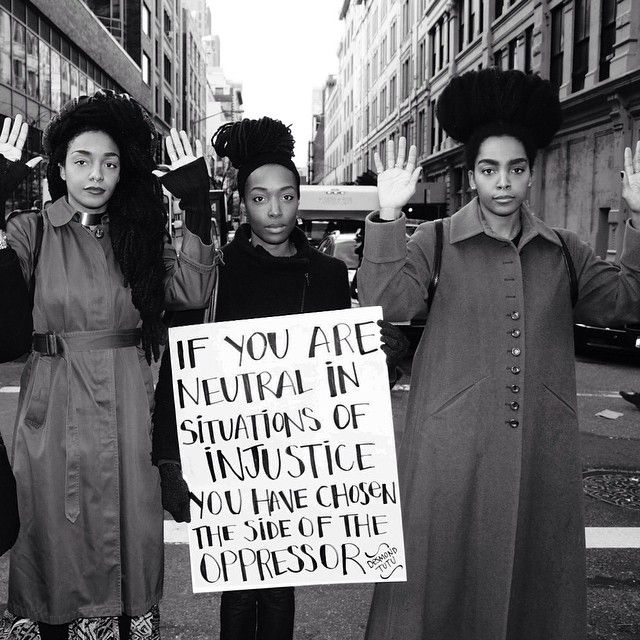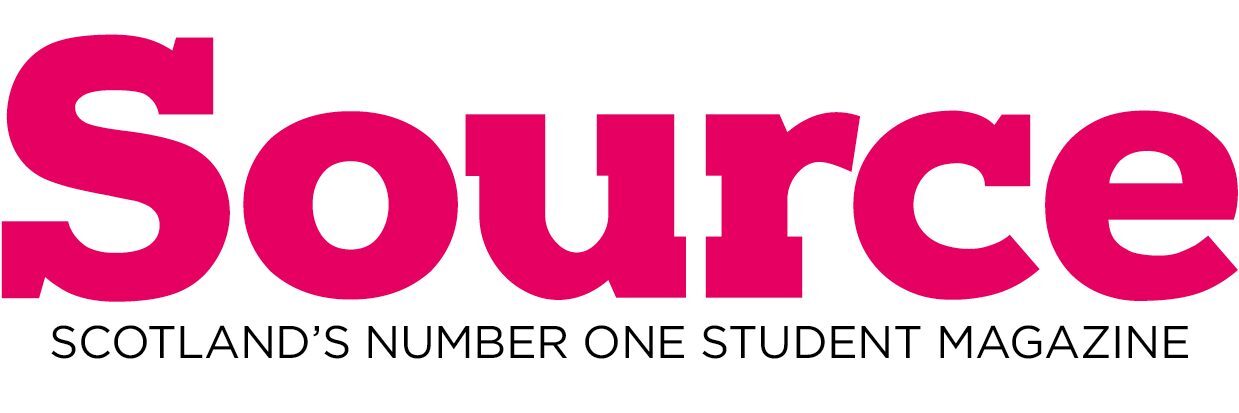
Our generation (16-25 year olds) are accused of being ‘snowflakes’; being too sensitive to offensive statements and less resilient than previous generations. One of the major accusations is that we are too fragile. In the age where many universities have now offered “safe spaces” and “cry closets”, for students who want to escape ‘microaggressions’, are these kinds of insults finding validation? As a generation, can we really be blanketed and generalised by one meek term which conjures up images of Frosty the Snowman? This article explores the psychological effects of being called the snowflake generation and looks into the reasons behind why we are being given this nickname.

MENTAL HEALTH
First of all, there is a lot psychological harm in calling young people snowflakes.
Harriet, an Exeter University student, says: “It puts a sort of blame on the victim for being ‘over-sensitive’ and stops us from really thinking critically about the arguments at hand. It also suggests that we’re all just whining, complaining and passive so I also think it’s an insidious way of taking power out of our arguments.’
Nancy, a Durham University Student, comments: ‘Speaking out against microagression and intolerance, in my opinion, makes the “snowflake generation” as tough minded and resilient as any other generation. Perhaps, showing emotion as a form of expressing a strongly held view is actually a very positive thing, as it displays the tendency to talk genuinely about anxieties and worries of bigotry, narrow-mindedness and prejudice.’
Evie, a fellow Durham University student adds: ‘I can understand why older generations believe we are not resilient about things like discrimination because they don’t always understand that changing language/changing thoughts is possible and should be done in order to decrease prejudice.’
At a briefing at the British Association for a Psychopharmacology meet, experts made clear that although young people are ‘more likely to talk about anxieties and worries’, we are just as emotionally stable, if not more, than older generations. Dr Rachel Upthegrove, consultant psychiatrist, of the University of Birmingham, says: “The effects of this awareness-raising and destigmatisation of mental health disorders (are apparent) in this generation, who don’t see the same amount of need to hide things and to be very quiet about personal experience as my generation. They are much more likely to talk about anxieties and worries, which is generally a good thing if people are developing disorders and there is an intervention.”

No Platforming
Young people are being called snowflakes as a result of a general intolerance at university towards hate speech. ‘No-platforming’ and ‘safe spaces’ are being popularised at university and this adds to an idea that young people are becoming ‘too sensitive’ to opposing opinions. The concept of no platforming (not allowing hate speech a platform) has led to some people criticising it as an attack on free speech. Yet, free speech is not the right to be able to speak about what you want whenever you want, and with the rise of hate crimes, many believe no-platforming is a necessity.
Provocative speakers including former British National Party (BNP) leader Nick Griffin, and David Irving, a historian who has denied the holocaust happened, have faced protests during events at universities in the UK by protesters calling for them to be ‘no-platformed’.
Louise and Rebecca, Glasgow University English literature students discussed the issue of no platforming with me. Louise comments: ‘Morally I feel wrong saying one person is a bigger priority than another, but also I understand craving diversity and wanting to hear from minorities rather than the usual people’. Rebecca adds: ‘I think that if universities are prioritising majority speakers that really ignores speakers representing minority groups’
Heather, Durham University student, comments: ‘I don’t think it’s ‘too sensitive’ to not give certain people a platform when black people are being murdered, and trans people are being murdered and committing suicide. We’re not erasing the dialogue from the world, but providing a safe space which is much needed. A lot of people aren’t over sensitive, but actually do feel unsafe.’

INTERSECTIONALITY
We are a generation with an increasing awareness of the issues our peers face. And that awareness leads us to care more. Studies show that 89 per cent of trans people have had suicide thoughts. In London alone, police are continuing to use disproportionate force towards black people with 45 per cent of incidents involving black people despite black people only making up 13 per cent of the London population. Instead of focusing on the voice of a majority in situations and experiences which do not involve or concern them, shouldn’t we be focusing on these horrific statistics? Shouldn’t we be focusing on the minority and their voices when they are the ones who are being oppressed and murdered as we speak?
Being a snowflake is a decision not to tolerate anything other than progression, a decision not to remain neutral in the face of oppression, so let it snow.
Words by Hannah Brown

